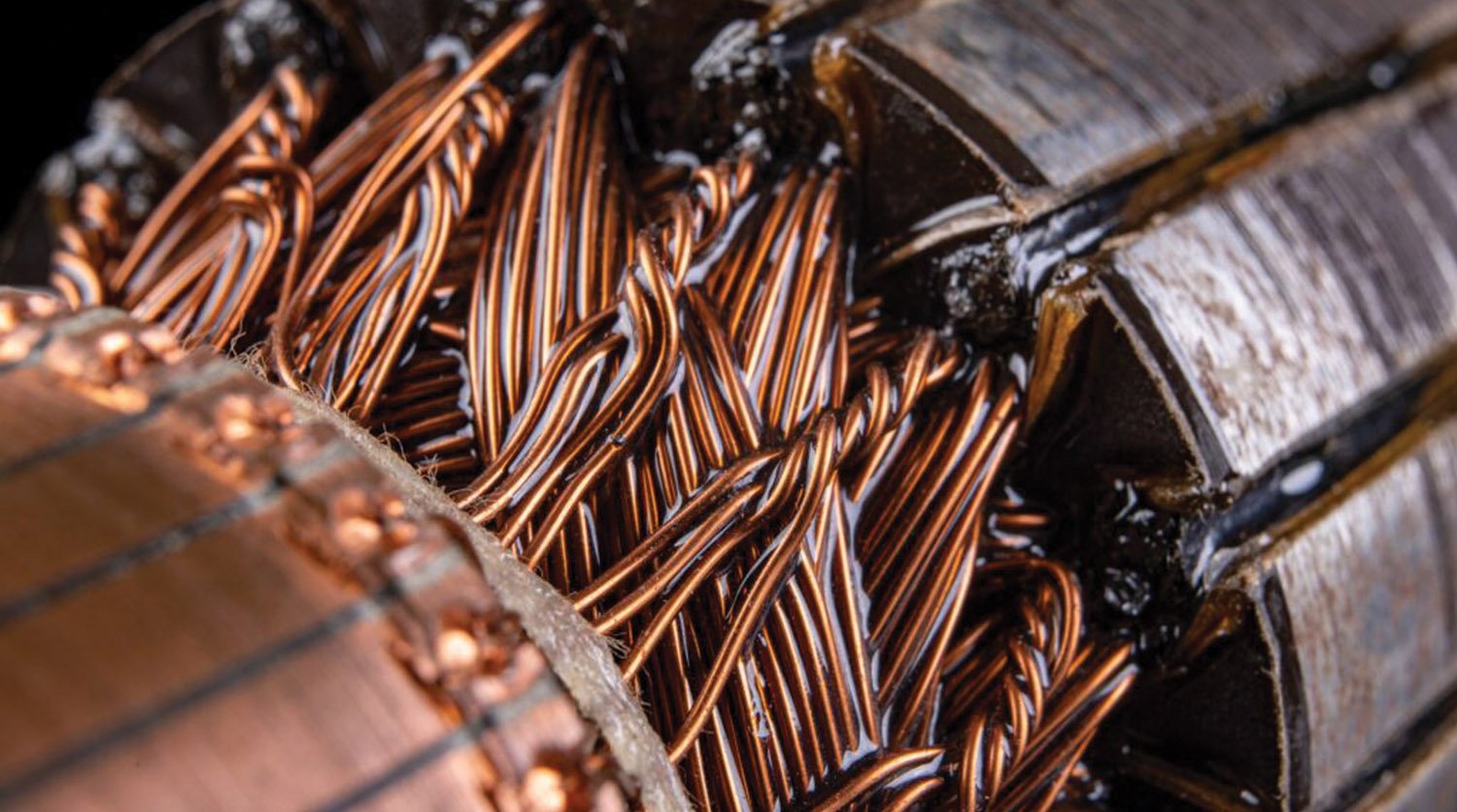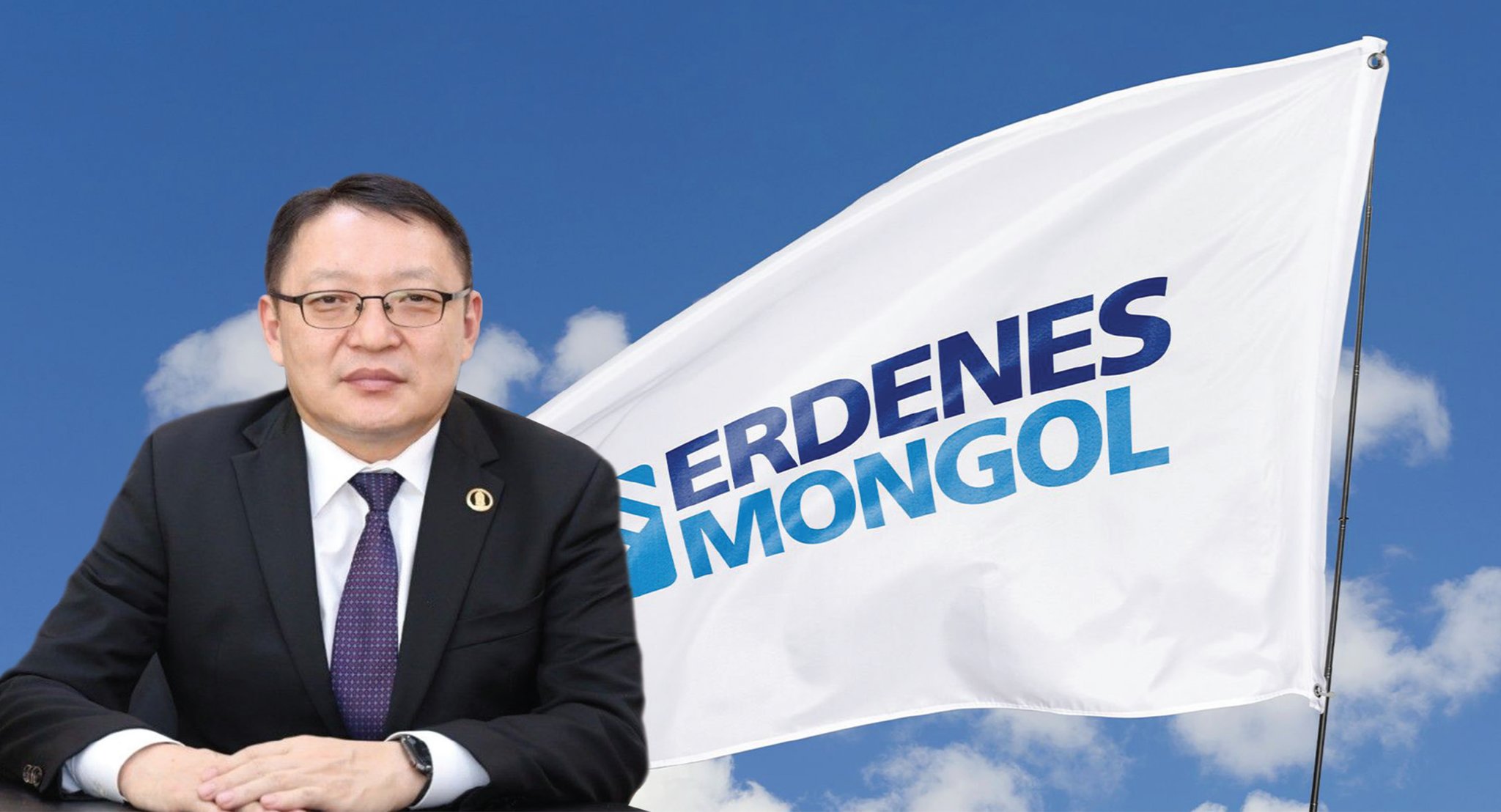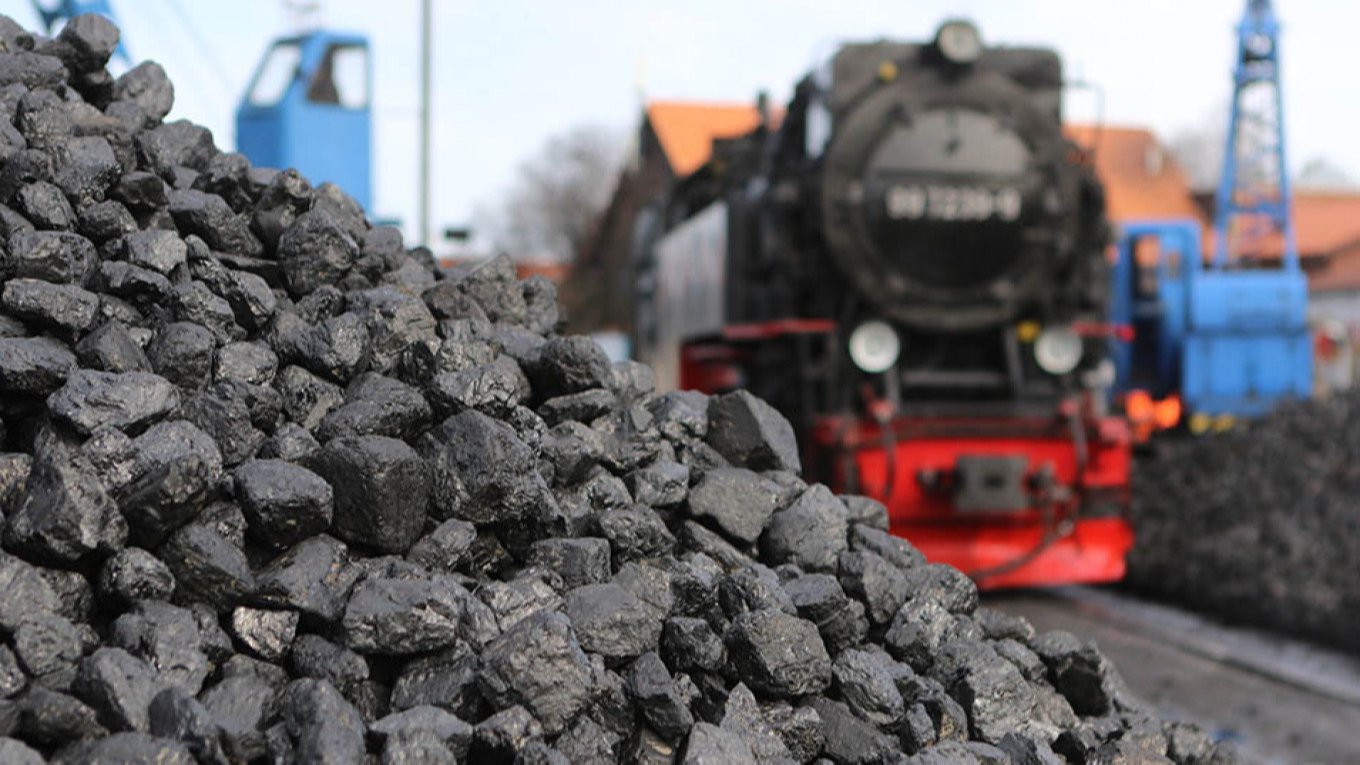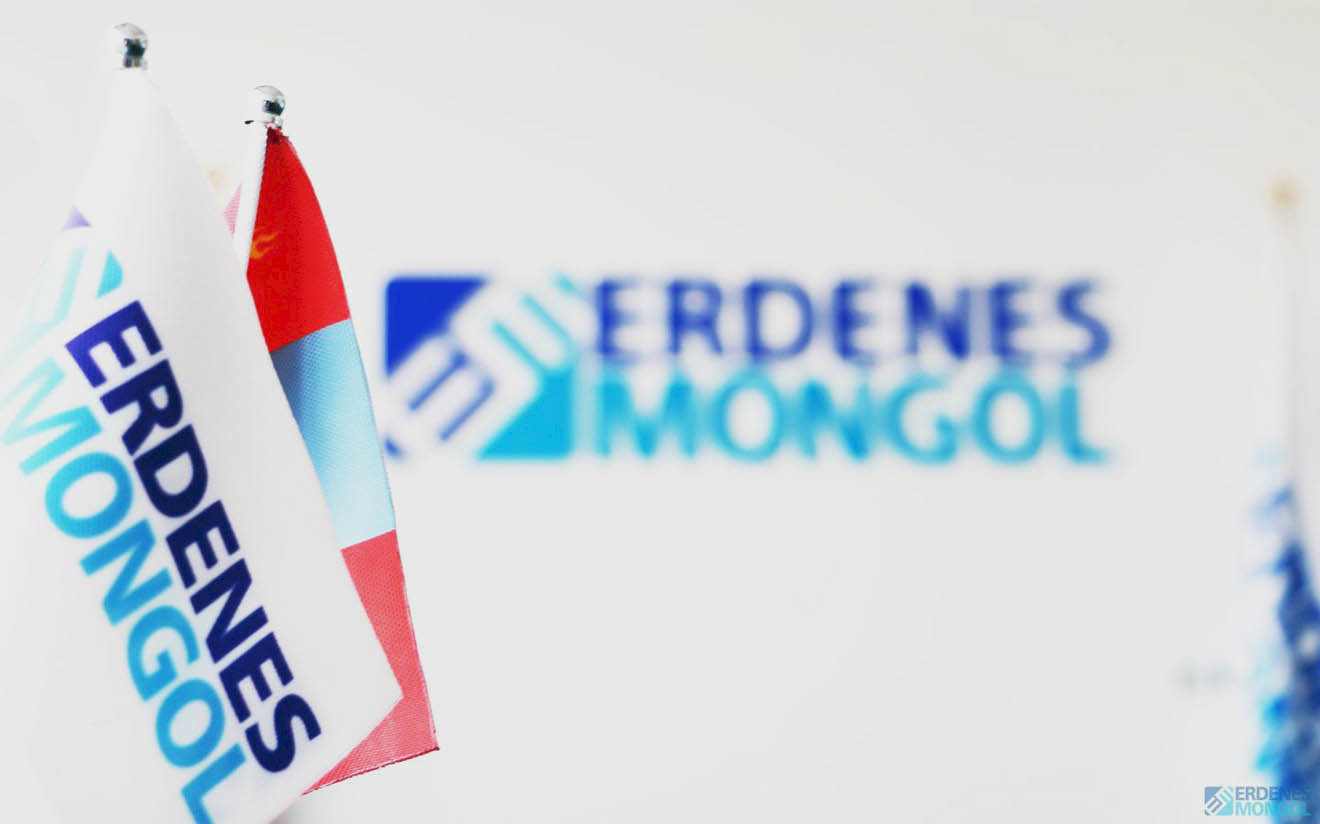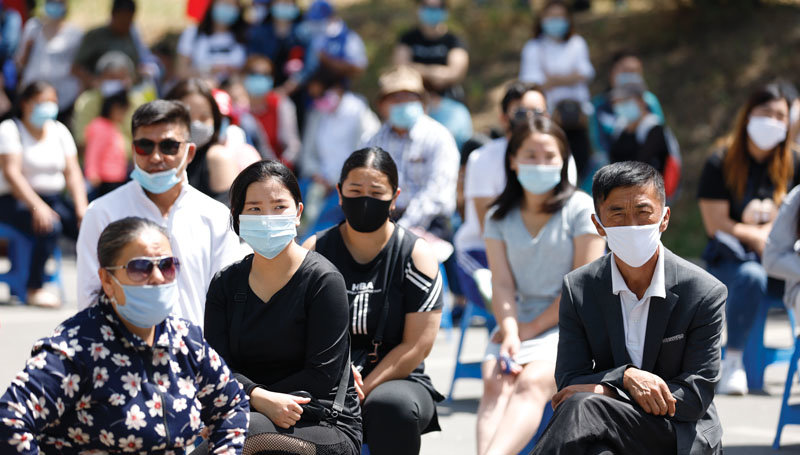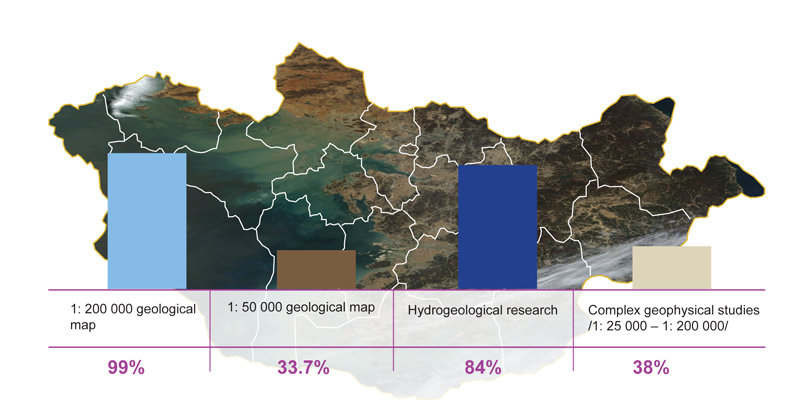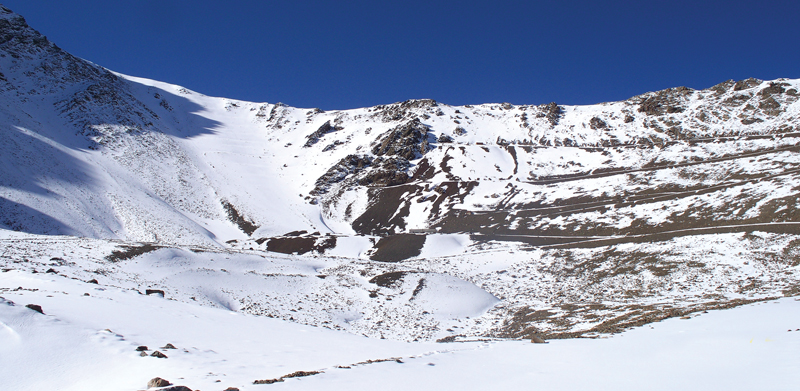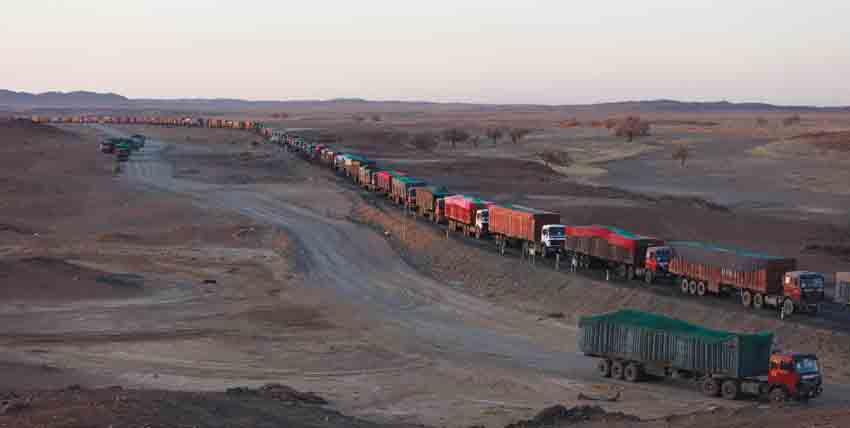Policy and politics
MONGOLIA MUST DEVELOP POLICIES FOR ADVANCED TECHNOLOGY INDUSTRIES
In addition to mega projects such as the construction of a copper smelter and industrial complex that have been discussed for ten years, the time has come to lay down the foundations for high-tech industry that is capable of manufacturing finished products, even small ones.
Countries around the world are focusing on dominating the market with green technologies. That also means correctly assessing future demand for copper. Mongolia currently exports raw materials such as copper on a small scale, and needs vision and integrated policies to develop high-tech value-added industries.
REFORMING ERDENES MONGOL LLC IS LONG OVERDUE
The company has been in operation for 15 years, but during that time the management has changed nine times, and the company’s charter has been revised twice. However, it was...
Coal is our only fragile hope for the next year
The ruling party is arguing internally about “who will own the coal”. Anyone who understands politics realises that the winner of this “war” will not be Mongolia, but some government official or group with self-interest. That the winning side will continue to steal coal is as certain as ever. Xi Jinping, “leader” of the global trade war and chief author of the Wolf Warrior (Xi Defangs the Wolf Warrior) policy, will surely retain his seat while our leaders pursue petty interests by waging an internal “coal war”.
Mining Week and the confidence of investors
For the first time, representatives of the mining industry gathered at the Shangri-La Hotel for an entire week (19-23 September). Prime Minister L. Oyun-Erdene concluded by saying that there would be no recommendations or appeals from "Mining Week," but that we would discuss practical solutions and see the results of our work at next year's conference.
Establishing a wealth fund with Erdenes Mongol’s dividends
Erdenes Mongol is officially en route to becoming a wealth fund, as the Government seeks to get the Parliament to approve its draft Law on the National Wealth Fund. While the full draft law has not yet been made public, the main issues that it covers were presented. In the past, there have been questions around how Erdenes Mongol could be transformed into a wealth fund and whether this would increase the financial burden in the mining sector. It has become clear from the statement of O.Batnairamdal, Deputy Minister of Mining and Heavy Industry, that the creation of this new wealth fund will not put additional financial burdens on the mining sector. Under the draft law, Erdenes Mongol will also undergo a structural change.
We have a mining policy; is it implemented?
The Mining Sector Policy 2020-2024 which forms part of the Government’s Action Plan was developed in cohesion with Vision 2050, a document of long-term development. The Khurelsukh government was in power for only seven months so it will not be right to talk about its success or failure in implementation of the policy, except in very general terms, but we could look at the status of certain individual projects, remembering that the entire period was marked by unforeseen economic and social difficulties generated by the pandemic.
The Government must be credited for ensuring that mega projects such as the oil refinery, development of the Oyu Tolgoi underground mine, and construction of the railway moved forward without interruption. This showed that the focus is shifting from extraction to export of value-added products. However, we heard nothing about the copper smelter.
Mining to be main issue in presidential election
Note: The first part of this article was written before U. Khurelsukh resigned as Prime Minister. As such, all references to “the Prime Minister” in it should be understood to refer to him as the ex-Prime Minister. Recent days have found the president frustrated as it becomes clear that the amended Constitution has reduced his power, while granting more to the Prime Minister who once compared himself to “a lion with no teeth”. At one time, they felt the same about many things, both expressing themselves in favour of bringing under state ownership deposits where exploration had been carried out with State money, confiscating oligarchs’ assets in accounts abroad, and implementing an equitable policy on distribution of wealth to citizens. Such unanimity at the top made people wonder if Mongolia was going back to being a socialist country, and a vocal group came up applauding the possibility and berating “the 31 families” which, it said, had become rich by cornering mineral deposits.
A wealth fund too many?
Even months after Erdenes Mongol announced that it had finished work on the draft law on the wealth fund, the document remains elusive. It is not in the public domain, and every professional I asked said they had no clue where it could be seen. Some even ventured to wonder, and only half in jest, if the only persons who know what it contains are the members of the working group established to prepare it.
Yet a year and a half ago, the media played it big that this group, chaired by the head of the Cabinet Secretariat, L. Oyun-Erdene, had finalized the draft. The then Director of Erdenes Mongol, P. Gankhuu, announced that he would submit it to Parliament soon, and that is the last we heard about the draft.
Projects awaiting progress
The rise in the stock price of mining companies working in Mongolia and registered abroad -- such as Xanadu Mines, Mongolia Energy Corporation (MoEnCo), Mongolian Mining Corporation (Energy Resources) and others -- is a welcome indication that foreign investors expect stability here following the MPP’s return to power after a landslide victory in last month’s election. The highest growth the Hong Kong Stock Exchange was recorded by MoEnCo, and though the others did not match its 400-percent rise on a single day, shares of Energy Resources and SouthGobi Resources (SouthGobi Sands) also have risen by between 32% and 45%. It is now up to the new Government to make sure that investors’ confidence is not misplaced.
MPP easily wins the political battle; the economic front is more difficult
The eighth parliamentary election was held successfully on June 24 and what the 73.64 percent of the total electorate voted for is now known. This was the first election since major amendments were made to the Constitution, though this might not have had any direct bearing on the voters’ choice. At 606, the number of candidates was the most ever, though almost nobody from outside the two major parties won. Some candidates were arrested on charges not directly related to the election.
The new Parliament has 76 members, as before. Of them, 62 are from the MPP -- three less than in the last parliament, but still giving the ruling party an overwhelming numerical strength -- 11 from the DP, one each from the Right People Electorate Coalition and Our Coalition, and one independent.
The real battle will be after the election
The Parliamentary election is going to be held in times of difficulty for candidates, voters and the country alike. The popular observation that the MPP is in power when there is a mineral boom while the bust phase of the cycle keeps a DP government company was proving to be true until some time ago when mineral prices started going down. The MPP’s campaign boast was expected to be that it had revived the economy left ailing by the previous government, but that is unlikely to resonate with the voters now. Several scandals such as the one around the SMEs Development Fund have also dented the MPP’s reputation, but, on the other hand, people admire its success in ensuring that there has been no loss of life in Mongolia from COVID-19 and acknowledge that while the coronavirus situation continues to batter the economy, the government cannot be faulted for this.
No extravagant promises, big parties told
The first parliamentary election after the amended constitution comes into force on May 25 has been scheduled to be held on June 24, but there are some who want it to be deferred until the Coronavirus threat recedes. All contesting parties will campaign on the basis of their action plan which have first to be cleared by The National Audit Office. During its check this office found that all three major parties, and several of the others in the fray, had gone overboard in making promises. It promptly rejected their plans and asked the parties to submit by 25 April revised action plans that kept within the parameters of the law.
Action on the ground needed to realise Vision-2050
One of the key objectives of the long-term development policy Vision-2050, which the government has submitted to parliament for discussion and approval, is to put Mongolia among the top ten countries in the world in terms of happiness and freedom from corruption. Among the other goals of what the Prime Minister has called the “most ambitious” roadmap for national prosperity, are expanded use of innovation and technology-based knowledge, economic diversification, green development, raising the GDP by 6.1 times, and taking annual per capita income to $15,000.
If these goals are indeed achieved in the next 30 years, Mongolia would have a seat at the table of the world’s developed countries, of which the top ten today are Singapore, the USA, Hong Kong, the Netherlands, Switzerland, Japan, Germany, Sweden, the United Kingdom and Denmark. According to the World Economic Forum’s 2019 Competitiveness Report, Mongolia ranks 102nd out of 141 countries considered.
“Human development comes before environment”
N. Batbayar, Head of the Mining Inspection Department of the Specialized Inspection Agency, tells G. Iderkhangai that much of the present emphasis on responsible mining is misplaced. In any case, why should only mining companies be “responsible”?
Everybody wants to have more responsible mining in Mongolia. With your work experience, do you think it is a realistic expectation?
I have always found it strange that responsibility should be demanded of only one sector. Only mining companies are expected to pursue transparent and responsible policies and activities. Should this not be applied to units in all sectors? Also, in general talk about responsibility in mining, the emphasis is always on the environment and relations with the government, and on exactly what has been given to the local community, but rarely is it considered what contribution mining has made to the economic prosperity of the country.
Are we seriously ready for the ETT IPO?
In a few months, Erdenes Tavan Tolgoi will issue its IPO, marking a first for a Mongolian state-owned company. The chosen stock exchange is Hong Kong and the weather there is usually sunny in September – the likely date -- and we all hope the enthusiasm of international investors in one of the world’s largest coking coal deposits will match the autumn brightness. Nine years ago, on October 13, the first shares in the Mongolian coal sector were offered at an international stock exchange by Energy Resources under the name Mongolian Mining Corporation. Much snow has fallen and melted over Mongolia since that historic day, many development projects have been implemented and Tsogttsetsii, a remote soum in the Gobi, has started to prosper, but the Gashuunsukhait Railway is still an unrealized dream and a source of endless disputes.
Asgat gets a new owner but is it ready to be mined?
On January 7, 2019, G. Zandanshatar, Head of the Cabinet Secretariat, issued directives tothe Ministry of Mining and Heavy Industry (MMHI) and the Mineral Resources and Petroleum Authority (MRPAM) to transfer the ownership of the Asgat polymetallic deposit from Mongolrostsvetmet to the state-owned Erdenes Mongol.
Developing costly infrastructure is a big gamble, but one worth taking
Parliament’s approval of a resolution supporting steps to get the Tavan Tolgoi deposit into economic circulation was a tribute to the persuasive skills of the sector minister, D.Sumiyabazar, though the tacit backing of the Prime Minister and the absence of opposition from the President also played a part.
